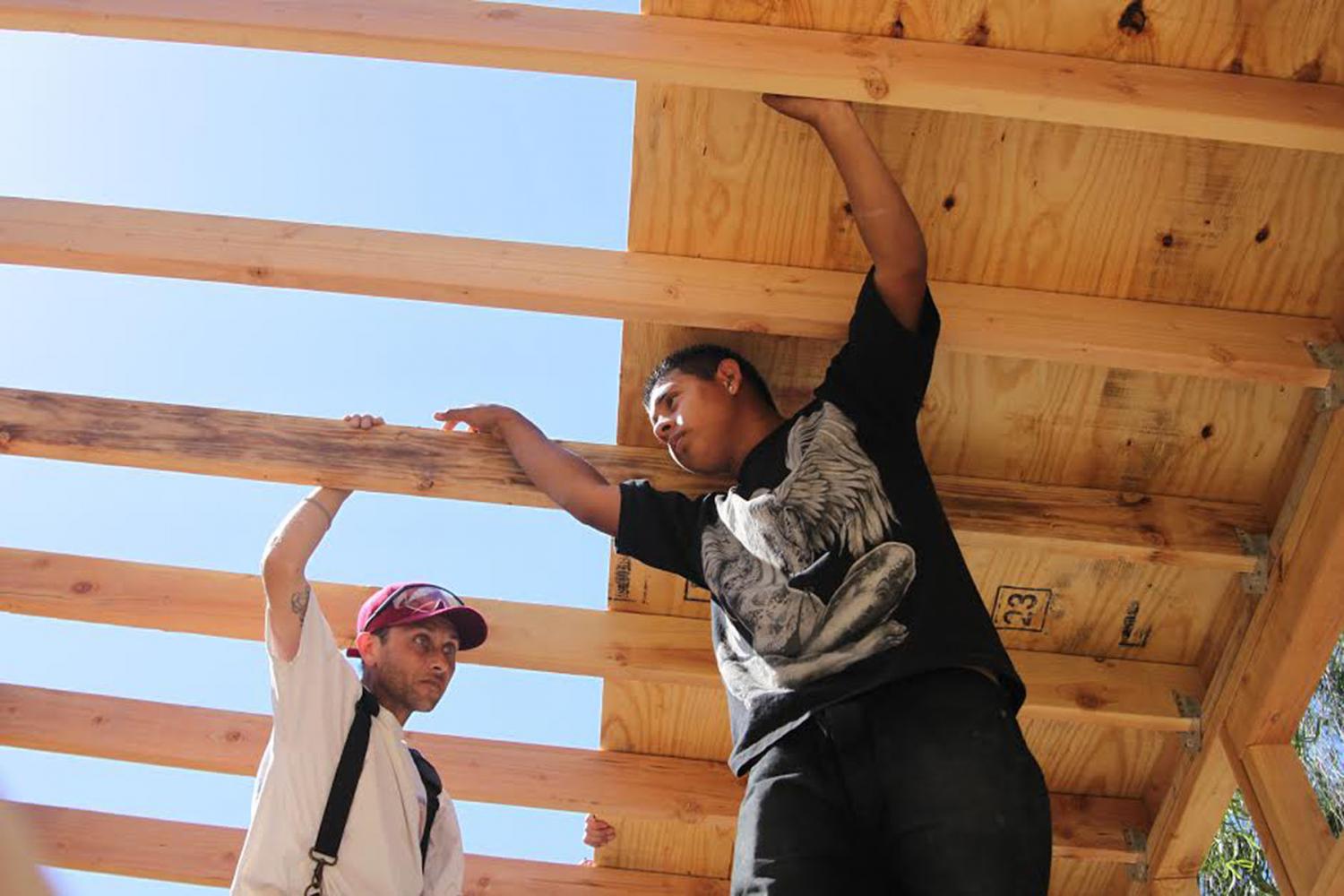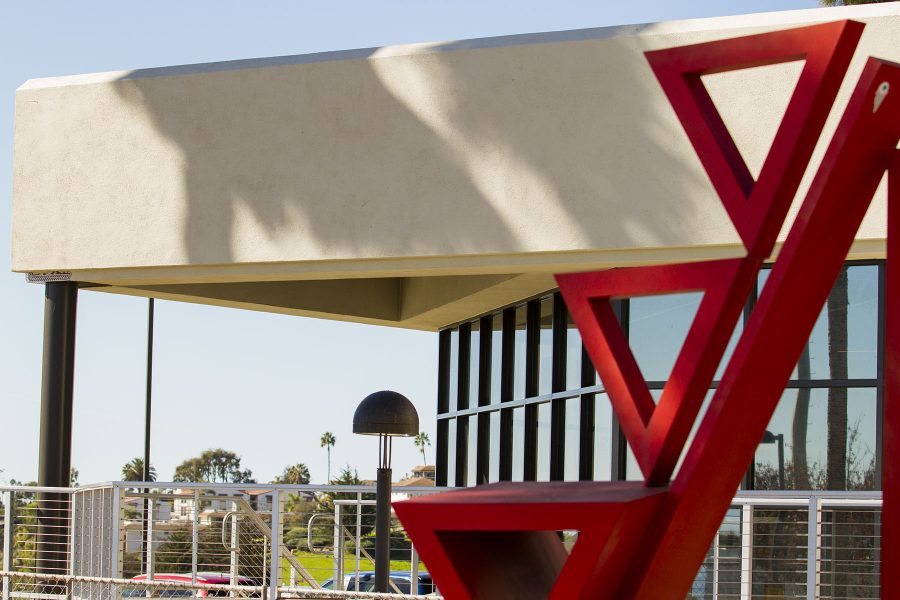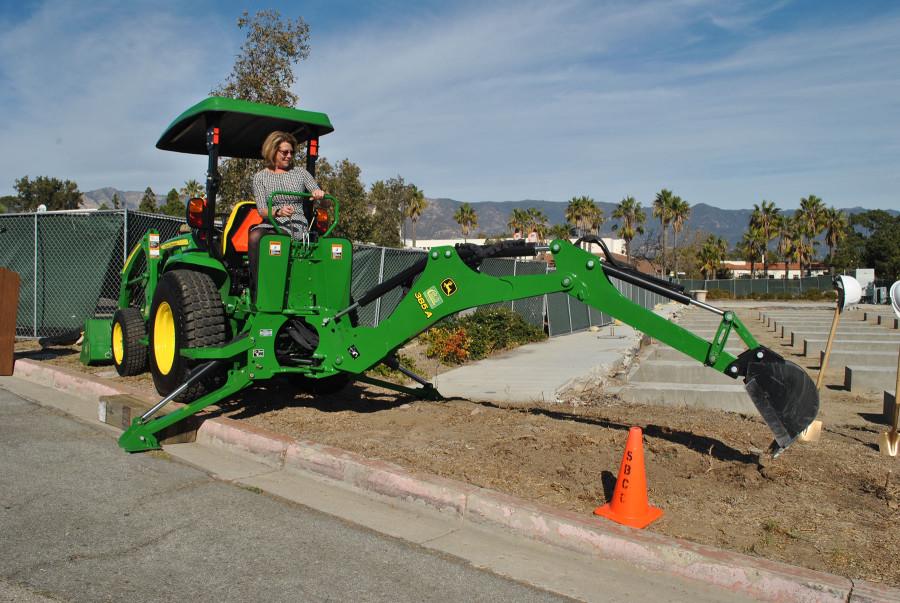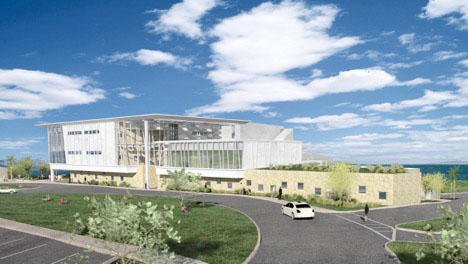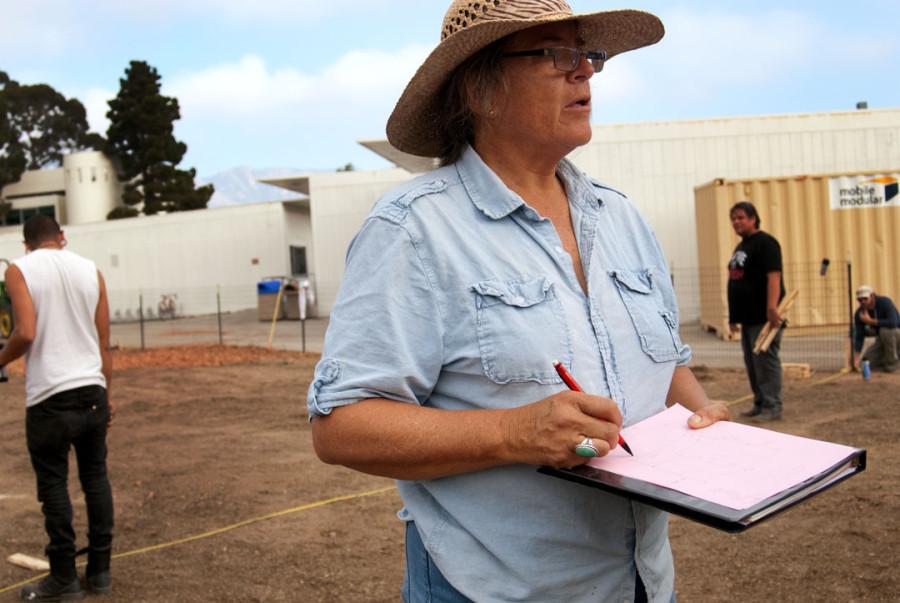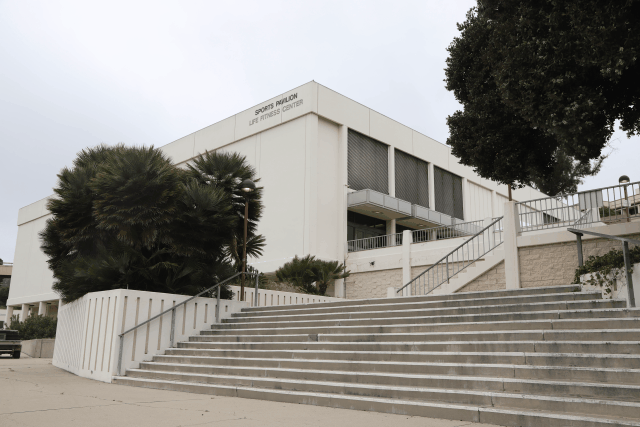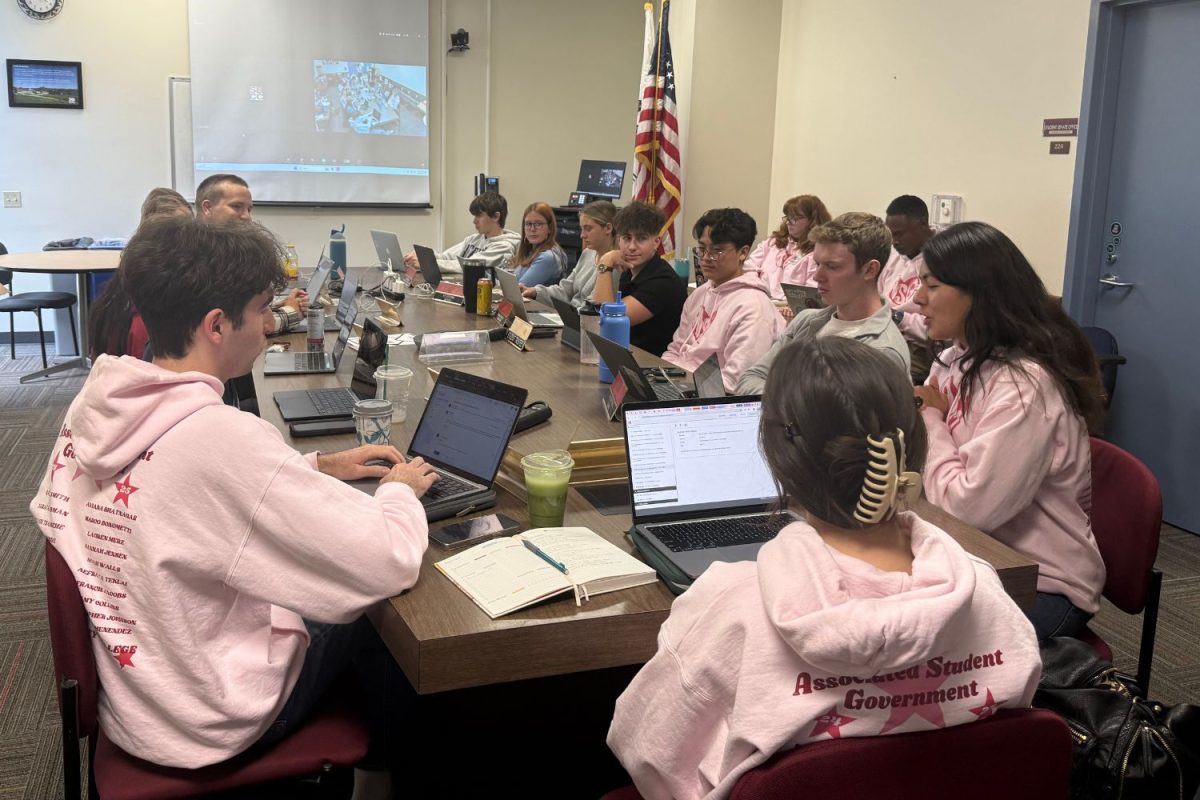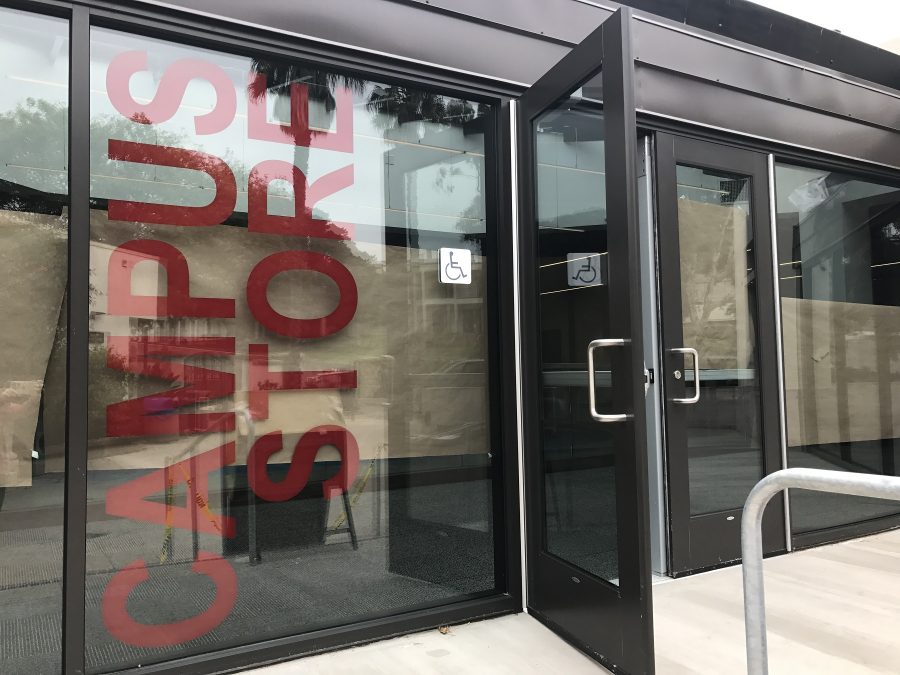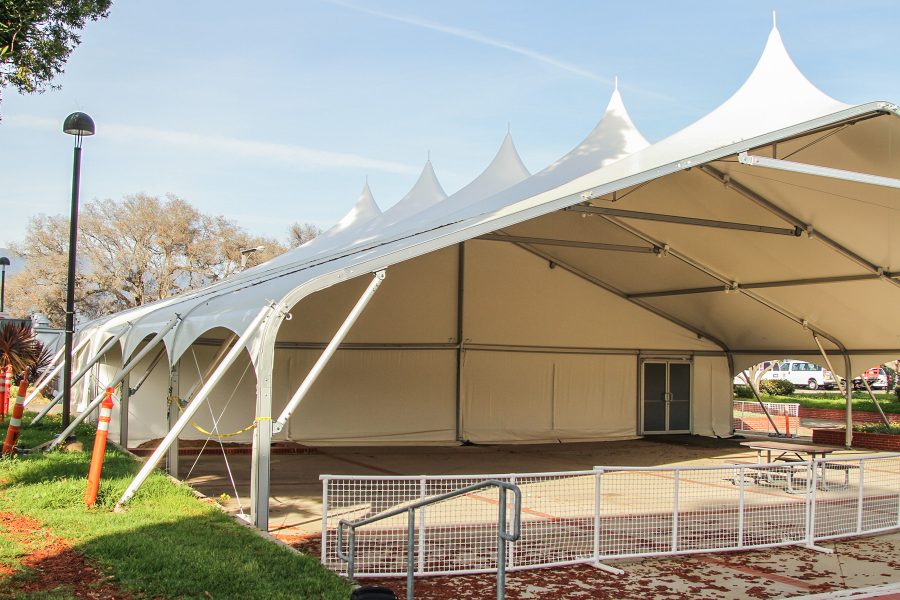Culinary arts students will be able to experience work in food trucks while City College begins the reconstruction of the Campus Center.
“I’m so jealous of the other students that will experience this,” said Andrew Webb, culinary art student. “I will definitely come back to see how it goes.”
The project is planned to begin in 2017, and temporary classrooms and food services will be provided during the remodeling of the center.
A larger temporary facility will be located on East Campus and provide a wide variety of meal options during the two years of construction. The food trucks will be available on both sides of campus and run by students from the culinary arts program.
“I think it’s awesome and I’m excited,” said Erica Langford, City College student. “As long as there is good food, I’m happy.”
The existing structure of the Campus Center was found structurally deficient, prompting the construction project.
One of the culinary art students, Laura Cardero, stated that she doesn’t feel safe having classes where the rooms start to collapse.
“We were in there the other day and stuff started falling from the roof,” Cardero said.
She thinks that it is time for the building to be upgraded and for the college to offer classrooms that are optimum for students.
“So, if we have to travel a bit in a different direction, one mile, one way or the other, that’s okay,”Cardero said.
The School of Culinary Arts, Student Life, and Distance Education are primarily the programs that will be incorporated into existing classrooms.
“The programs will all be housed in swing space,” said Julie Hendricks, senior director of facilities and campus development. The term swing space refers to the temporary classrooms that will be used during construction.
Culinary arts student Rosie Aualos is positive about the change, but concerned about the new students starting college during the project.
“I think it’s going to be a big challenge for the new students, not being where they’re supposed to be,” said Aualos. “But we need a change, everything is so old around here.”
The first semester of culinary arts classes will be housed in an off-site facility. The students will practice cooking there but later bring the food back to campus.
Randy Bublitz, associate professor of culinary arts, said the students need a building designed for a modern cooking style but will have to be patient during construction.
“In some ways, they’ll actually learn what it’s like in the real world when things like this happen,” Bublitz said. “So they will get a different and a more valuable experience for just doing this.”
The Gourmet Dining Room and JSB will still be open. According to Bublitz, the snacks shops above the stadium will be remodeled into a temporary coffee shop so that culinary arts students will still be able to serve real customers. The food sold would come from the JSB and Gourmet Dining Room menus.
The new Campus Center Building will contain safety and technology upgrades, but will not be bigger than the original. The project is state-funded because of the current structural issues and estimated to cost $30 million.
“It will be a far better-looking building, sustainable and have wonderful outdoor eating areas,” Hendricks said.




